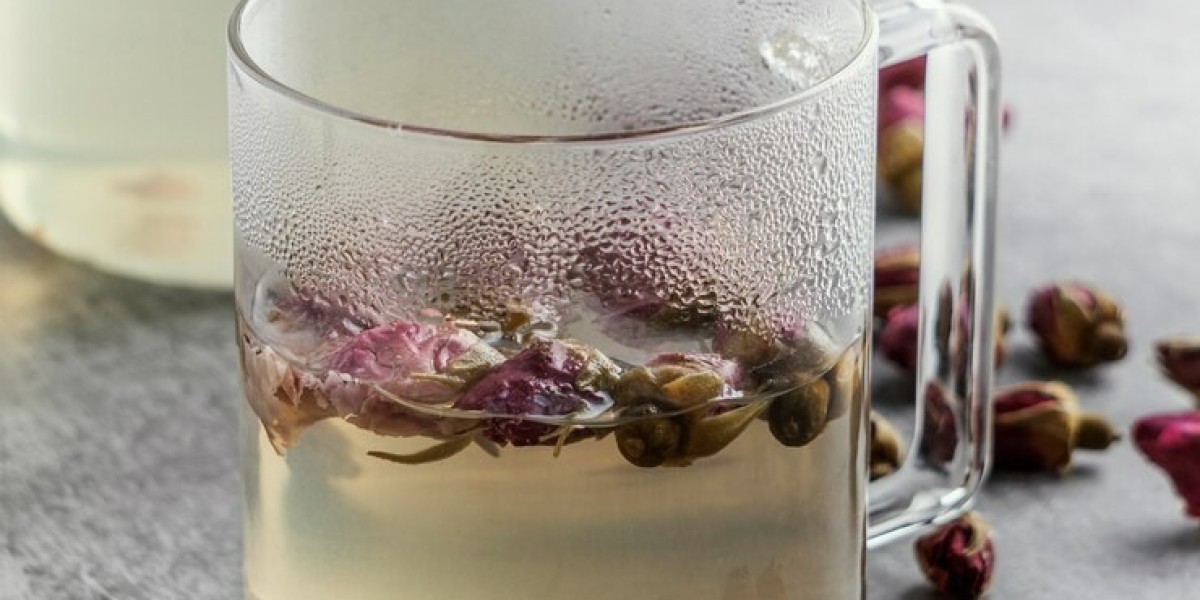The beverage botanical extracts market has been expanding due to consumer demand for natural, functional ingredients. However, there are several barriers hindering the growth and full potential of the market. These barriers stem from regulatory hurdles, consumer awareness, supply chain complexities, and production challenges.
Regulatory Barriers
One of the main obstacles in the beverage botanical extracts market is the regulatory framework that governs the use of botanical extracts. The legal guidelines surrounding the inclusion of certain plant-based ingredients in beverages vary significantly by country, making it difficult for producers to introduce new products globally. In some regions, botanical extracts are considered novel ingredients, and obtaining approval from regulatory bodies can be a lengthy and costly process. In addition, some botanical extracts may be subject to strict health and safety standards due to their potency, further complicating their inclusion in beverages. Companies must navigate these regulations carefully, as failure to comply can result in product recalls or legal consequences.
Supply Chain Challenges
The sourcing of botanical ingredients poses another challenge. While many botanicals are abundant, others are seasonal or subject to fluctuations in availability due to climate conditions, agricultural practices, and geopolitical issues. These supply chain risks can result in shortages or higher prices, ultimately affecting the consistency and cost-efficiency of production. Additionally, ensuring the quality and purity of botanical extracts is crucial, as contamination with pesticides or other harmful substances can severely impact the quality of the final product. Companies often face difficulties in sourcing sustainably grown botanicals that meet their quality and environmental standards.
Consumer Awareness and Perception
While there is a growing interest in health-conscious beverages, many consumers still have limited knowledge of botanical extracts and their potential health benefits. Some consumers are hesitant to embrace products that contain unfamiliar ingredients due to concerns about their safety or efficacy. This lack of understanding can create barriers to widespread adoption. Companies in the beverage botanical extracts market must invest in consumer education and clear marketing to build trust and promote the health benefits of their products. Overcoming these knowledge gaps can be time-consuming and require substantial marketing resources.
High Production Costs
The cost of producing beverages with botanical extracts can also be a significant barrier. Unlike conventional ingredients, botanical extracts often require more complex processing methods, including extraction, purification, and sometimes fermentation. This adds to production costs, making the final product more expensive. Moreover, the use of premium, high-quality botanical ingredients further increases the cost, limiting affordability for a broader audience. In highly competitive markets, where price sensitivity is high, this can limit market penetration and restrict growth potential for companies offering premium products.
Competition from Traditional Beverages
Despite the growing popularity of botanical beverages, traditional soft drinks, energy drinks, and other beverages still dominate the global market. These products have a long-standing presence in the market and are often less expensive to produce. For consumers, habit and price often trump the perceived health benefits of botanical-based drinks. As a result, the beverage botanical extracts market faces stiff competition from established beverage categories. New brands must work harder to differentiate themselves and gain consumer trust, often facing the challenge of convincing people to switch from their familiar, conventional choices.
Limited Distribution Channels
Finally, distribution remains a challenge for beverage botanical extract products. While demand is growing, the distribution network for these products is still relatively underdeveloped compared to mainstream beverages. Many botanical-based beverages are sold in niche markets or health food stores, limiting their visibility and accessibility. Expanding into larger retail outlets or global markets requires extensive resources, partnerships, and strategic marketing.
Conclusion
Despite the significant growth potential, the beverage botanical extracts market faces multiple barriers that can hinder its expansion. Companies need to overcome regulatory challenges, supply chain constraints, and consumer education gaps to fully tap into the market’s potential. Additionally, addressing high production costs, competition from traditional beverages, and limited distribution channels will be key for sustainable growth in the industry.



